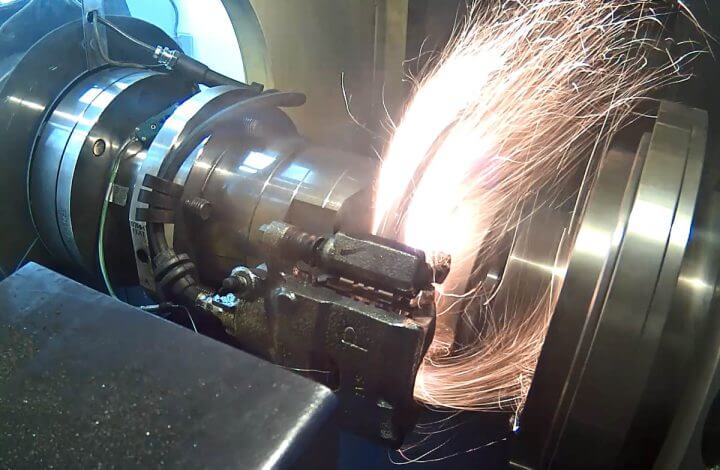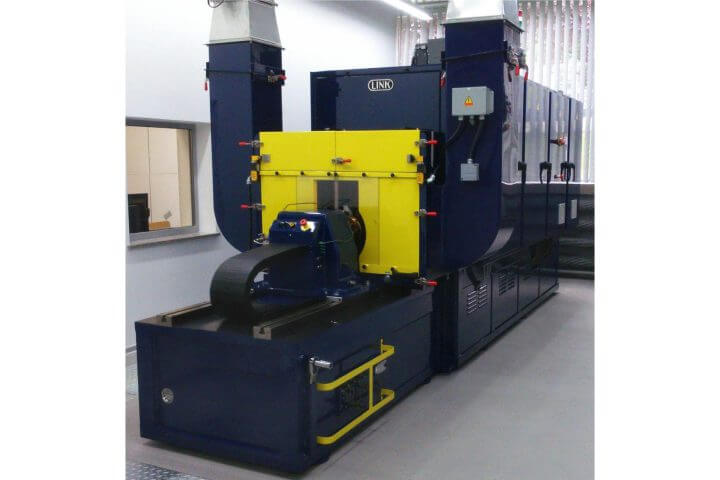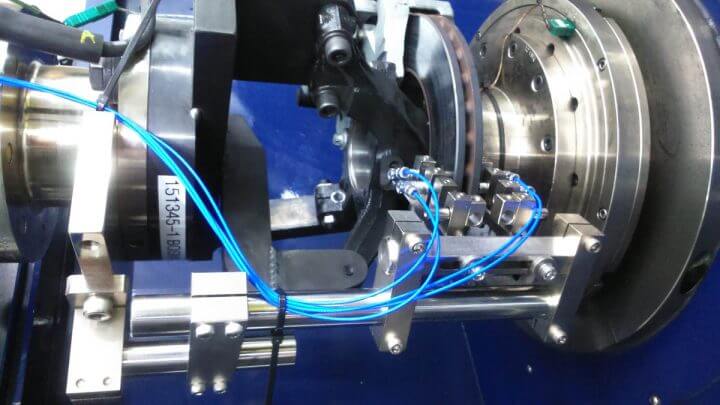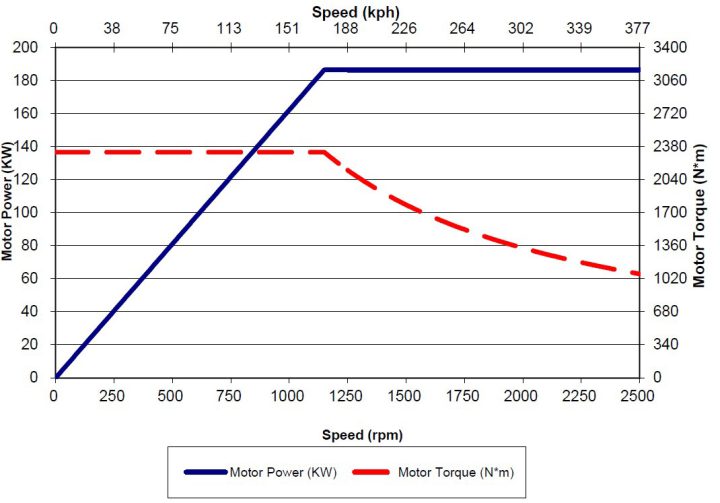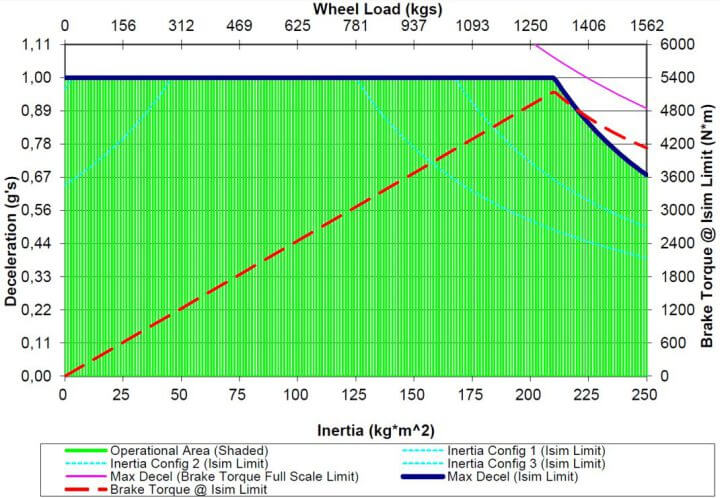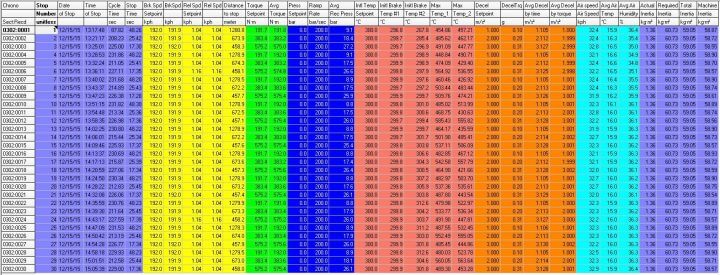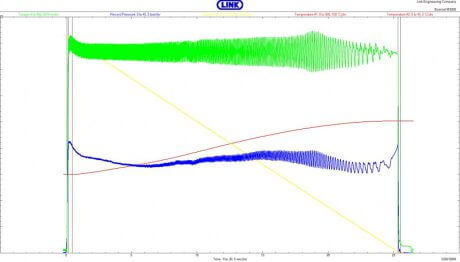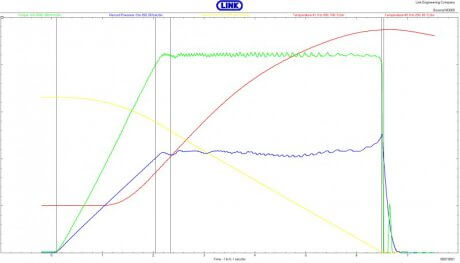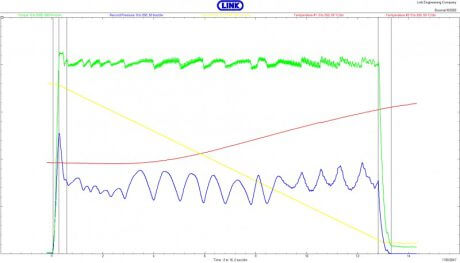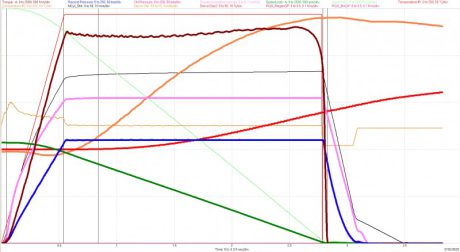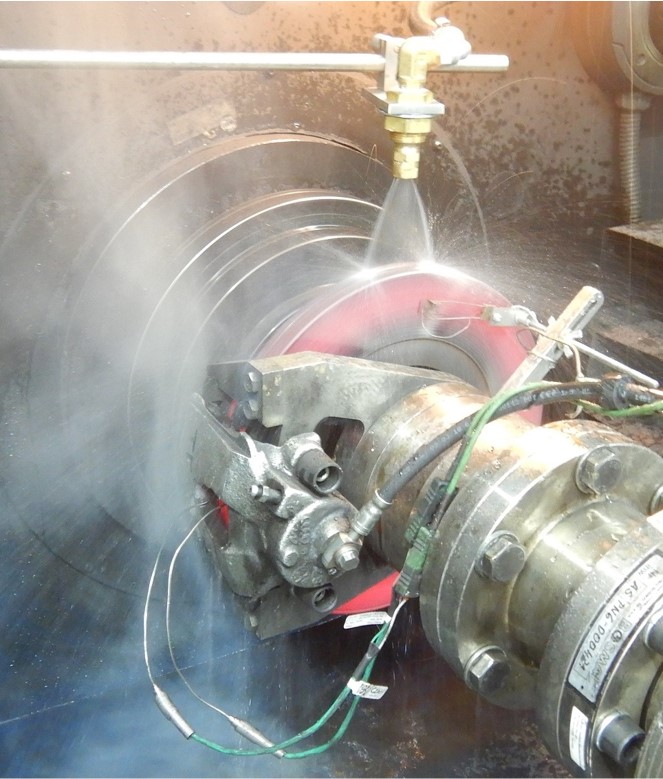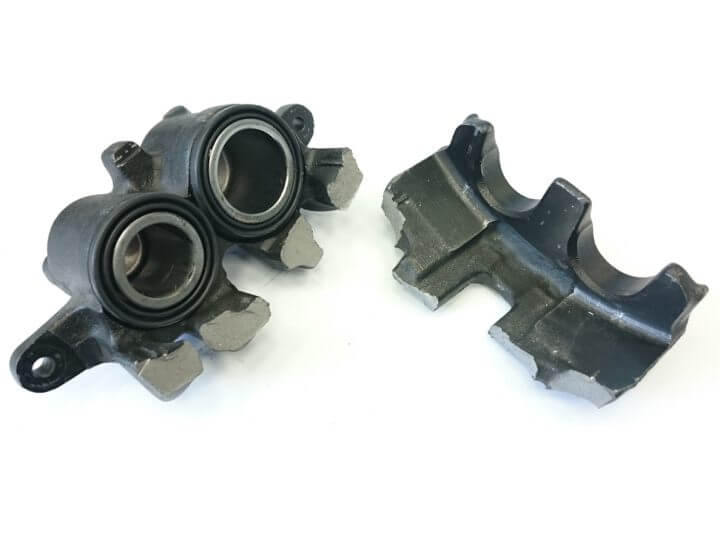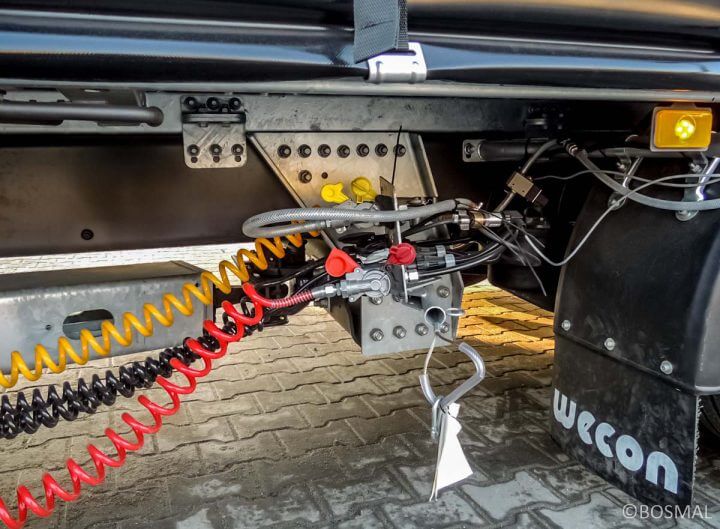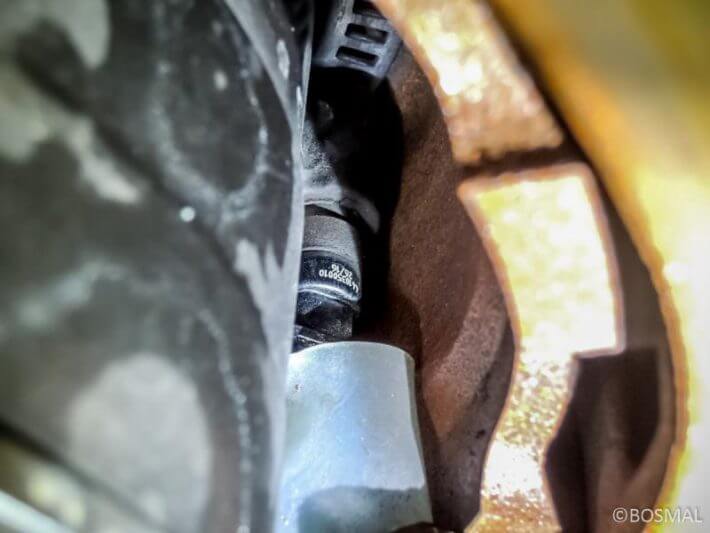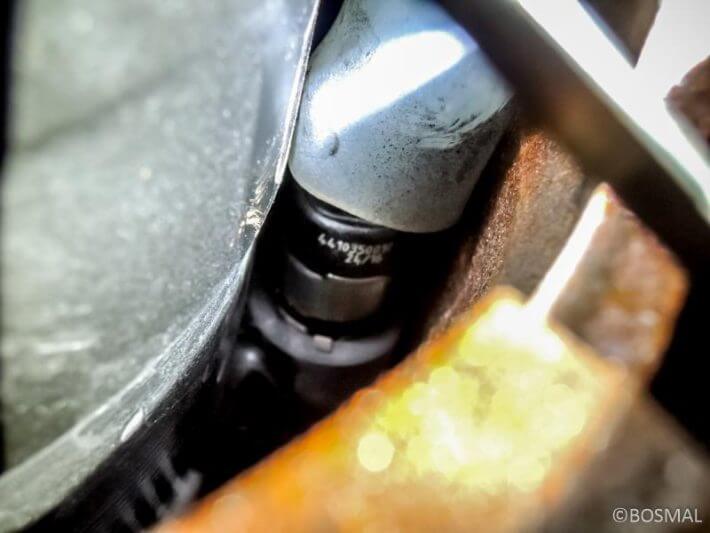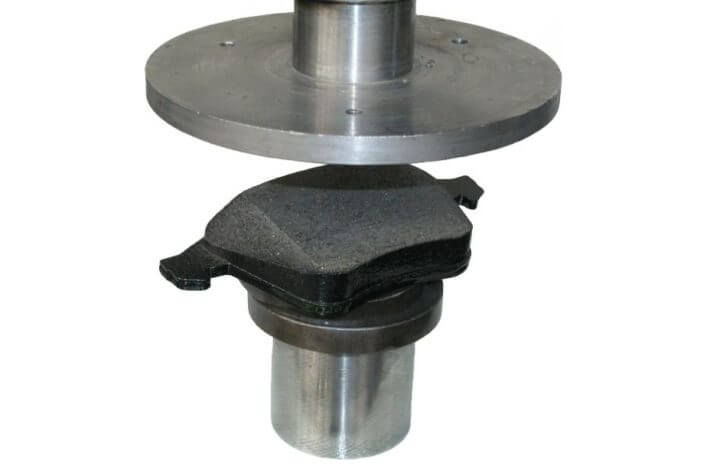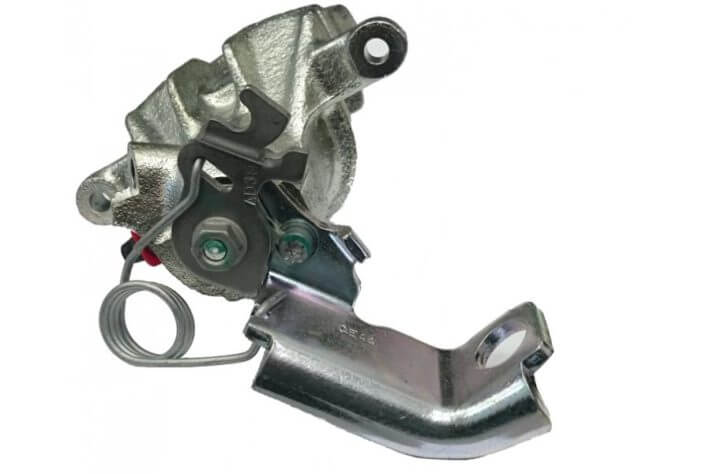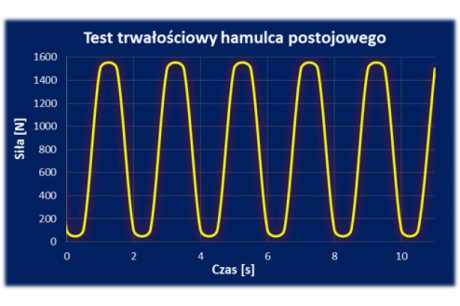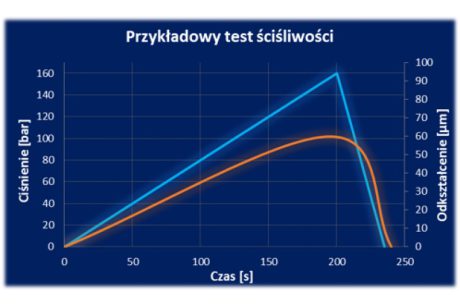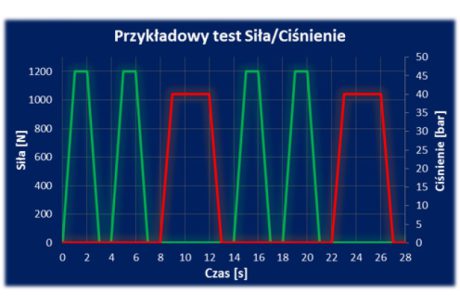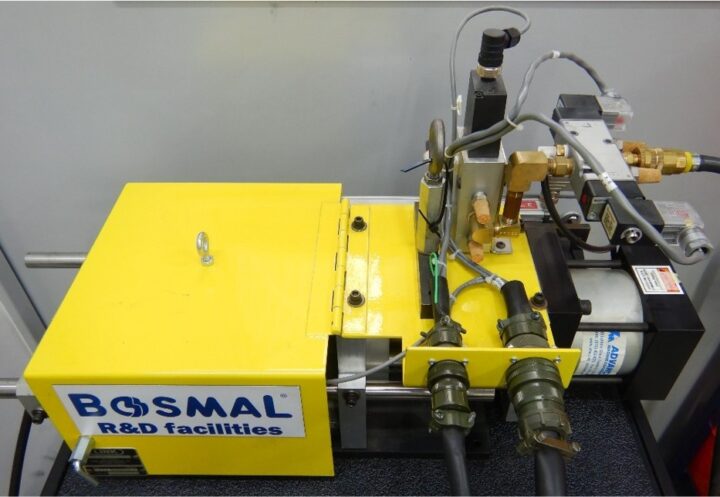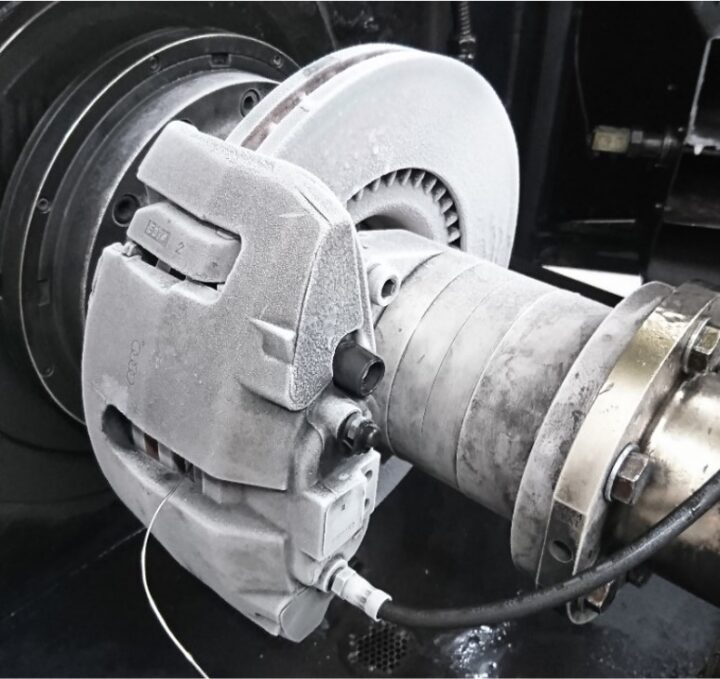Testing braking systems

Brake System Dynamometer Testing
With over 40 years of experience, the Automotive Research and Development Institute BOSMAL is a leader in the field of brake system testing. Our laboratory specializes in precise dynamometer tests, delivering reliable data for the biggest players in the automotive industry.
Over 40 Years of Experience in the Brake Industry
Our long-standing commitment to the advancement of brake technology has allowed us to gain unique expertise and the trust of clients worldwide. We specialize in testing both disc and drum brakes, tailoring our procedures to the individual needs of each project.
Scope of Testing and Compliance with International Standards
We perform brake tests in accordance with a wide spectrum of requirements, guaranteeing the compliance and repeatability of our results. Our testing procedures are based on:
- International standards: SAE, ISO, JASO.
- Homologation regulations (e.g., ECE R90).
- Internal OEM specifications and standards.
Experience Proven by Market Leaders
Over the years, we have had the privilege of testing components for leading global manufacturers. Our expertise includes:
Tested Brake Systems: OEM, ATE, TRW, Brembo, Bosch, Sumitomo, Tokico, Aisin, Akebono, Girling, Teves, Mando, ABS, and many others.
Experience with Vehicle Brands: Porsche, Volvo, Range Rover, Volkswagen, Fiat, Toyota, Suzuki, BMW, Renault, Mercedes-Benz, Alfa-Romeo, Hyundai, Audi, Lancia, Opel, Skoda, Seat.
Testing equipment – LINK Model M3000
LINK Model M3000 Brake Dynamometer for brake testing
The dynamometer allows testing of the drum and disc brake systems at full scale in the range of functional tests and durability:
- friction material: brake pads and shoes
- brake drums
- solid and ventilated brake discs of any type and material.
The test bench is adapted to test:
- Conventional hydraulic systems
Technical specification and capabilities of the Dyno:
- DC Drive Motor Power 186 kW
- Speed range 0 – 2500 rpm
- Maximum braking torque 5650 Nm
- Minimum simulated inertia 5 kgm2
- Minimum mechanical inertia 42,7 kgm2
- Maximum mechanical inertia 128 kgm2
- Maximum simulated inertia 250 kgm2
- Maximum brake pressure 200 bar
- Maximum pressure ramp rate 1000 bar/sec
Inertia simulation characteristics
The LINK M3000 brake dynamometer enables the dynamic inertia simulation in the range of 5 kgm2 to 250 kgm2. This means we can test a large range of vehicles from light passenger cars, through heavy SUVs, up to light commercial vehicles. The Dyno can break with braking torque up to 5650 Nm which allows to do 10 m/s2 for all of the mentioned vehicles and much more for some lighter ones.
Data acquisition
The LINK M3000 test station allows to record in real time on time line the following signals:
- Braking torque
- Rotational speed
- Linear speed
- Deceleration
- The pad/shoe temperature
- The disc/drum temperature
- The brake pressure
- Acceleration
- Fluid displacement
- Actual inertia
- Cooling air temperature
- Cooling air humidity
- Cooling air flow
- Image from the HD camera
- DTV – disc thickness variation
- Acoustic pressure level
- Noise peak frequency
- Noise peak duration
- and many more.
Data acquisition and analysis
All the signals can be recorded in real time and on timeline. The signals can be stored with the frequency up to 1000 Hz. We offer a full support in analysing the results and comparing them with data obtained on other friction material.
Video image acquisition
The test chamber is fitted with a video camera that allows registration of the video image in real time and on time line. The image is stored in HD quality. There is also a possibility to store the noise and vibrations emitted by the brake.
Static torque system
The static torque system is a low speed, high torque drive device that allows brake static breakaway and creep/groan testing. Up to 5650 Nm of braking torque and 18 rpm speed.
Braking system pressure tests (bench tests)
BOSMAL conducts bench tests – pressure tests – on braking system elements, including:
- pulse pressure tests on various braking system subassemblies,
- destructive hydraulic tests on braking system components (resistance to bursting pressure; see figure on the right),
- tightness tests of connectors in braking systems.
Road testing of braking systems
- Tests of the effectiveness of vehicular braking systems
- Tests of parts’ mountability
Tests of the effectiveness of vehicular braking systems
We conduct:
- Tests to define the braking distance and braking delay, reaction times, forces and other indicators of the braking process
- Tests of standard operating braking systems
- Tests of emergency braking systems
- Tests of hand (parking) braking systems – the ability to hold a vehicle’s position on a slope
- Cars and trucks
- Trailers and semi-trailers
- Hydraulic and pneumatic braking systems
- Tests according to UNECE Regulation No. 13, UNECE Regulation No. 13, UNECE Regulation No. 90
- Tests for type approval of vehicles
- Measurements by means of contactless measurement of distance and speed
Mechanical tests of braking systems (bench tests)
We conduct mechanical tests of braking system subassemblies.
Parking (hand) brake functionality and durability tests
Tests consist of subjecting the mechanical parking (hand) brake lever to a cyclic force.
Shearing tests
Measurements of the force required to tear away the friction lining from the mounting plate.
Compressibility tests
Tests of the susceptibility of the friction material to deformation as a result of force action via the brake caliper.
Hardness tests
Hardness tests of friction elements in braking system using the Vickers, Brinell and Rockwell methods.
Geometric measurements
Geometric measurements of braking system elements. Verification of conformity with the technical documentation.
Accredited Brake System Test Procedures
Our laboratory conducts brake system testing based on a wide range of accredited, international test procedures. Below is a list of the key standards and regulations according to which we perform advanced tests on our dynamometer rigs.
Society of Automotive Engineers (SAE)
- SAE-J2521 – “AK-Noise” – Disc and Drum Brake Dynamometer Squeal Noise Test Procedure The objective of the test is to measure squeal noise emitted by the brake. The procedure simulates braking conditions under which the tested brake has a high tendency to generate squeal (e.g., low-speed braking, reverse driving, drag braking, and braking with propulsion at various speed, temperature, and pressure conditions).
- SAE-J2521 – “AK-Noise” – Section 8 “Cold” Enables brake testing at temperatures down to -10°C.
- SAE-J2522 – “AK-Master” – Dynamometer Global Brake Effectiveness A test procedure that assesses the effectiveness properties of friction material, considering various pressure, temperature, and speed conditions for vehicles equipped with hydraulic brakes. The main objective of SAE-J2522 is to compare friction materials under conditions that are as similar as possible. To account for the different cooling characteristics of various dynamometers, the Fade section is temperature-controlled.
- SAE-J2707 – Wear Test Procedure on Inertia Dynamometer for Brake Friction Materials A dynamometer test procedure used to measure the wear of friction linings in motor vehicles.
- SAE-J2784 – FMVSS Inertia Dynamometer Test Procedure for Vehicles Below 4540 kg GVWR An inertia dynamometer test procedure to determine the performance of a complete brake for conditions corresponding to FMVSS 105 and 135 test procedures.
- SAE-J2928 – Brake Rotor Thermal Cracking Procedure for Vehicles Below 4540 kg GVWR A laboratory method and criteria to determine the crack initiation and propagation on a brake rotor during high-energy braking.
- SAE-J2788
- SAE-J2888
- SAE-J3002
International Organization for Standardization (ISO)
- ISO 11157 – Road vehicles – Brake lining assemblies – Inertia dynamometer test method A dynamometer test method for the homologation of replacement brake lining assemblies (pads and shoes) installed on original equipment, in accordance with UNECE Regulation No. 13, 09, Annex 15.
- ISO 15484 – Road vehicles – Brake lining friction materials – Product definition and quality assurance A test procedure dedicated to disc and drum brake friction linings for motor vehicles, defining the product and ensuring quality assurance for these linings.
- ISO 26867 – Road vehicles – Brake lining friction materials – Friction behaviour assessment for automotive brake systems This international standard is designed to assess the friction properties of a material through a wide range of linear speed, temperature, pressure, and deceleration measurements. The standard defines the influence of pressure, temperature, and linear speed on the friction coefficient of a specific friction material (brake pad or shoe) in conjunction with its mating component (brake disc or drum).
- ISO/PAS 22574
- ISO 7629
- ISO/PAS 12158
Japanese Automotive Standards Organization (JASO)
- JASO C406 – Passenger car – Braking device – Dynamometer test procedures Performance testing of the service brake in passenger cars – a dynamometer test procedure.
- JASO C419 – Passenger cars – Service brake – Structural Integrity dynamometer test procedure A set of tests to verify the structural integrity of the service brake in passenger cars via dynamometer testing.
- JASO C427 – Automobile parts – Brake lining and disc brake pad – Wear test procedure on inertia Dynamometer A standard specifying the procedure for measuring the wear of friction linings (brake pads and shoes) of service brakes in motor vehicles on a dynamometer.
- JASO C436 – Parking brake dynamometer test procedure
- JASO C442 – Parking Brake Structural Integrity Dynamometer Test Procedure This test determines the structural integrity of parking brakes through dynamometer testing.
- JASO C443 – Road vehicles – Service brake – Dynamometer simulated mountain fade test procedure A standard specifying a Fade simulation during a downhill descent for the service brake of passenger cars – a dynamometer test procedure.
- JASO C456 – Test Method for Wear Warning Devices A test method for devices that warn of friction lining wear in the service brakes of passenger cars – a dynamometer test procedure.
United Nations Economic Commission for Europe (UNECE)
- Regulation No. 13 Uniform provisions concerning the approval of vehicles of categories M, N and O with regard to braking.
- Regulation No. 13-H Uniform provisions concerning the approval of passenger cars with regard to braking.
- Regulation No. 78 Uniform provisions concerning the approval of vehicles of categories L1, L2, L3, L4 and L5 with regard to braking.
- Regulation No. 90 Uniform provisions concerning the approval of replacement brake lining assemblies, drum-brake linings, discs and drums for power-driven vehicles and their trailers.
Other Test Methods and In-House Procedures
- TD-Prüfrichtlinie Stand 30.09.2003, ANHANG 3 – p. 4
- TD-Prüfrichtlinie Stand 30.09.2003, ANHANG 1 – p. 3-4, ANHANG 2 – p. 3-4
- AMS “Auto Moto Sport” – BOSMAL/I-7-103
- BOSMAL/I-7-91 BOSMAL’s own accredited method – enabling testing according to any client-specific procedures.
Back
to top


